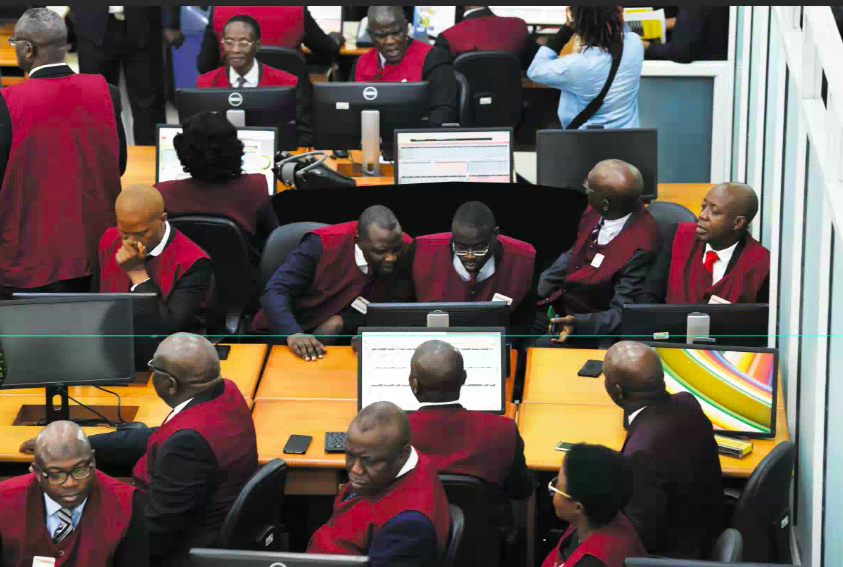When Defection Tsunami Shifts Kaduna’s Power Dynamics
When Defection Tsunami Shifts Kaduna’s Power Dynamics
By Nasir Dambatta
From three House of Representatives members, four serving commissioners, 22 opposition leaders, and over 1,000 women and youth mobilizers who defected between February and October 2025, Kaduna’s political landscape has undergone nothing short of an earthquake.
By every measurable index, the state’s political map is tilting firmly toward Governor Uba Sani. What began as a quiet consolidation of trust has now erupted into a wave of defections that is reshaping the state’s power dynamics — and setting the All Progressives Congress (APC) on a commanding trajectory ahead of the 2027 elections.
In Giwa and Igabi, once considered the PDP’s rural fortress, nearly 300 grassroots leaders and ward executives have crossed over to the ruling APC, citing visible infrastructure projects and renewed access to government programmes. In Southern Kaduna, a politically sensitive region, over 450 defectors, including women coordinators and youth leaders from Jema’a, Kachia, and Kaura, publicly pledged allegiance to Uba Sani’s inclusive leadership.
Kaduna North and Kaduna Central are no less affected. In the metropolitan zones, therefore, the defection of three federal lawmakers and dozens of local councillors from the PDP, PRP, and NNPP has changed the arithmetic of local politics. From Kawo to Barnawa, from Sabon Gari to Zaria City, the movement is visible — one that cuts across ethnicity, faith, and social class.
The most dramatic of these came in May 2025, when over 1,000 women from various opposition parties converted on Kaduna to publicly declare for the APC. The scenes were a reminder that the most persuasive campaign in today’s Kaduna is not money or rhetoric — it’s results.
Each defection is more than a number — it’s a verdict on performance, inclusion, and governance with impact. Governor Uba Sani’s steady, people-focused leadership is the real engine behind these conversions. His policies in infrastructure renewal, youth and women empowerment, housing, and healthcare have blurred partisan lines and restored public confidence in government. The governor’s emphasis on human capital — not patronage — has made governance relatable, credible, and rewardable.
For the APC in Uba Sani’s Kaduna, the dividends are strategic. With decampees swelling its ranks from the grassroots to the National Assembly, the ruling party now commands not just numerical superiority but moral capital — the kind rooted in delivery. Kaduna’s political actors, once polarized, now see alignment with Uba Sani’s leadership as a gateway to relevance in a rapidly transforming state.
But beneath the numbers lies a deeper political undercurrent. Uba Sani’s ability to unite various blocs — from the traditional Northern Kaduna vote bank to the emerging Southern Kaduna youth network — is fast neutralizing old rivalries. His administration’s outreach to Christian and minority groups, coupled with deliberate inclusion of women in decision-making, has softened old suspicions and expanded the party’s demographic appeal.
According to analysts, Kaduna’s ongoing defection wave is a reflection of confidence politics — a situation where citizens and politicians alike respond positively to tangible progress. The governor’s alignment to President Bola Ahmed Tinubu’s Renewed Hope Agenda, backed by investments in housing, security cooperation, and Small and Medium Enterprises’ empowerment, is gradually turning development into a political movement.
The Uba Sani Back2Back Group, a coalition of political supporters and civic influencers monitoring these trends, recently said the defections are “a clear referendum on performance-based governance.”
“Kaduna people are not deceived by empty slogans anymore. They are aligning with a leader who delivers on his promises. Governor Uba Sani’s style is humble, firm, and inclusive — and that’s why every week we record new decampees,” the group said in a statement.
They noted that the pace of defection has accelerated in the past four months due to the visible completion of key projects like the Kaduna Urban Renewal, Kafanchan Township Roads, and the ongoing Abuja-Kaduna Highway collaboration with the Federal Government.
If this momentum continues, 2027 may not just be another election year in Kaduna; it could mark the consolidation of a new political order — one anchored on performance-driven loyalty. And at the heart of it all stands Uba Sani, the quiet reformer turning governance into his most persuasive campaign strategy.
For the first time in years, Kaduna politics is being driven not by slogans or strongmen, but by delivery, unity, and visible change. And as the defections mount, one message keeps echoing across the state: results speak louder than opposition.
*Dambatta is Senior Special Assistant to the Governor on Print Media
By Nasir Dambatta From three House of Representatives members, four serving commissioners, 22 opposition leaders, and over 1,000 women and youth mobilizers who defected between February and October 2025, Kaduna’s


